Time monograph offers, for the first time, a collection of path-breaking writings of Kapila Vatsyayan, published as research papers in various journals during the last fifty years. Published as seventeen independent but interwoven chapters, the present work relates to the methodological problems and future course of dance scholarship, the intricacies of sculptural representations of dance forms in ancient Indian art, and goddesses and women in Indian Myth and art. The readers will be delighted by a lucid introduction of Manipuri dance, and thrilled by the breath-taking story of the re-entry of woman in the domain of the performing arts and of music and dance in the first half of the twentieth century. From Kathak to the advent of modern Indian dance with Uday Shankar, the state of performing arts in rural/tribal post-Independent India, the corporeal movement patterns in the pre-historic cave paintings of India show the amazing span of time over which Kapila Vatsyayan has an unparalleled mastery. The last three chapters lead the reader beyond the frontiers of India to Pagan in Burma, Champa in South Vietnam and Lara-Djonggrang on the island of Java. The scorpion-leg, one of the 108 cadences of movement (karana) is the last leg of the wonderful jounrney into the depth of Asian dance traditions.
The monograph, compiled by Professor Sachchidanad Sahai, eminent scholar on Southeast Asia, offers a very insightful and indispensable reading for the researchers on dance traditions as well as for the general readers.
ABOUT THE AUTHOR Kapila Vatsyayan
Kapila Vatsyayan artist and art historian is internationally acknowledged as the pioneer of evolving alternate models of research for establishing inter and intra-relationship of different domains of knowledge and creativity. Her own work moves from a deep understanding of the primary textual sources of the East and West, principally Sanskrit and English, and a direct experience of the arts as performer. It focuses attention on the inter relationship of the concept and creative interpretation in architecture, sculpture, painting, music, and dance. The kinetic image enables her to delve deeper into the textual and oral sources and the fundamental metaphysics which govern form and structure of the arts. She has convincingly drawn attention to the sacred geometry which pervades all the Indian arts. As visualiser of the conceptual plan of the Indira Gandhi National Centre for the Arts, she leaps across many disciplines, questions the conventional boundaries and finally establishes several bridges of communication between traditional thought and modern science. This has resulted in many multi-disciplinary studies of space and time, nature and culture, man and society, chaos and order. Her holistic integral vision is explicit in the volumes she has edited on these subjects. Her first work, Classical Indian Dance in Literature and the Arts, is a milestone by experts the world over. This work was followed by many others including the definitive study of Dance in Indian Painting, The Theoretical Basis of Asian Aesthetic Traditions; Traditional Indian Theatre: Multiple Streams; six volumes on Gita Govinda; Bharata and the Natyasastra; and the Square and the Circle of the Indian Arts. She has edited the volumes on Concepts of Space: Ancient and Modern and Concepts of Time: Ancient and Modern published by the Indira Gandhi National Centre for the Arts, New Delhi.

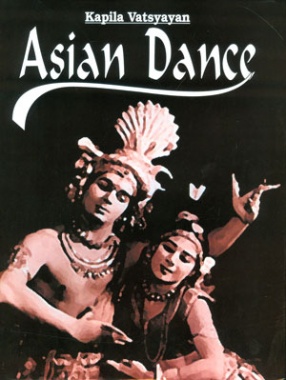
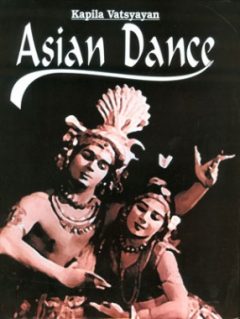
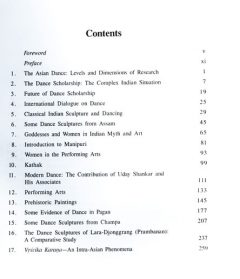



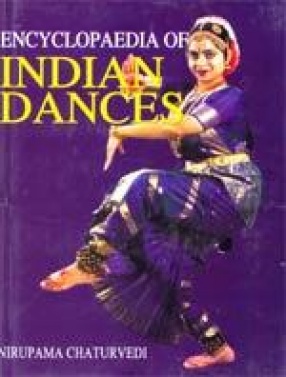
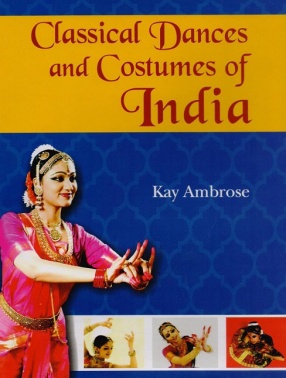

There are no reviews yet.